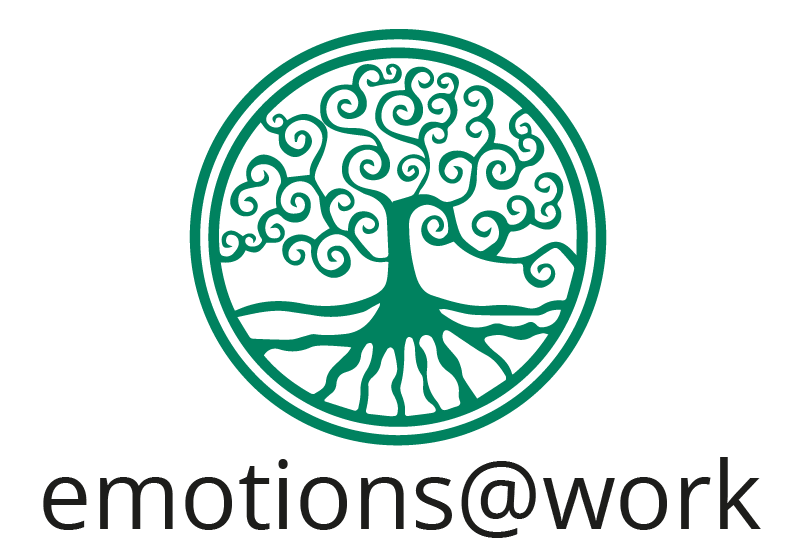A consistent finding in psychology is that people don’t like uncertainty. Luckily, there are a few ways to manage uncertainty. Here are three quick recommendations that can help you cope with uncertain situations.
1. BE FLEXIBLE
One of the most important skills to implement in times of uncertainty is flexibility. Flexibility is a soft skill that involves the capacity to adapt and adjust your thinking, behavior, and feelings to new information.
Be willing to adjust plans, divert from the original strategy, and make small or large deviations from your actual course, by acting in a flexible manner you foster a more resilient attitude needed during turbulent times.
2. CHECK-IN WITH YOURSELF
Be aware of the physical and mental sensations, ruminating thoughts, or recognizable actions you experience while navigating under uncertain conditions. This can help you to assess your emotional situation and act appropriately.
- Do you feel anxious, overwhelmed or stressed? Are you experiencing tension in the neck, back, and shoulders?
- Are ruminating thoughts making the situation feel worse? “Are you constantly thinking about how I get out of this or that you just can’t face the situation anymore”
- Recognizable actions, are you looking for alternative strategies or just ignoring the problem hoping it will go away? Are you letting emotions surface?
3. CONTROL THE “CONTROLLABLE.”
When you are in an uncertain situation plan a course of positive action. Controlling the controllable means that even if your world turns upside down, there are still certain things you can control (aka “controllable”) by following a game plan in the things that you have inference.
You cannot rule the world or change humanity, but you can face uncertainty with a FLEXIBLE attitude and a PLAN to control the controllable.
FURTHER REPRODUCTION PROHIBITED WITHOUT PERMISSION OF THE AUTHOR

